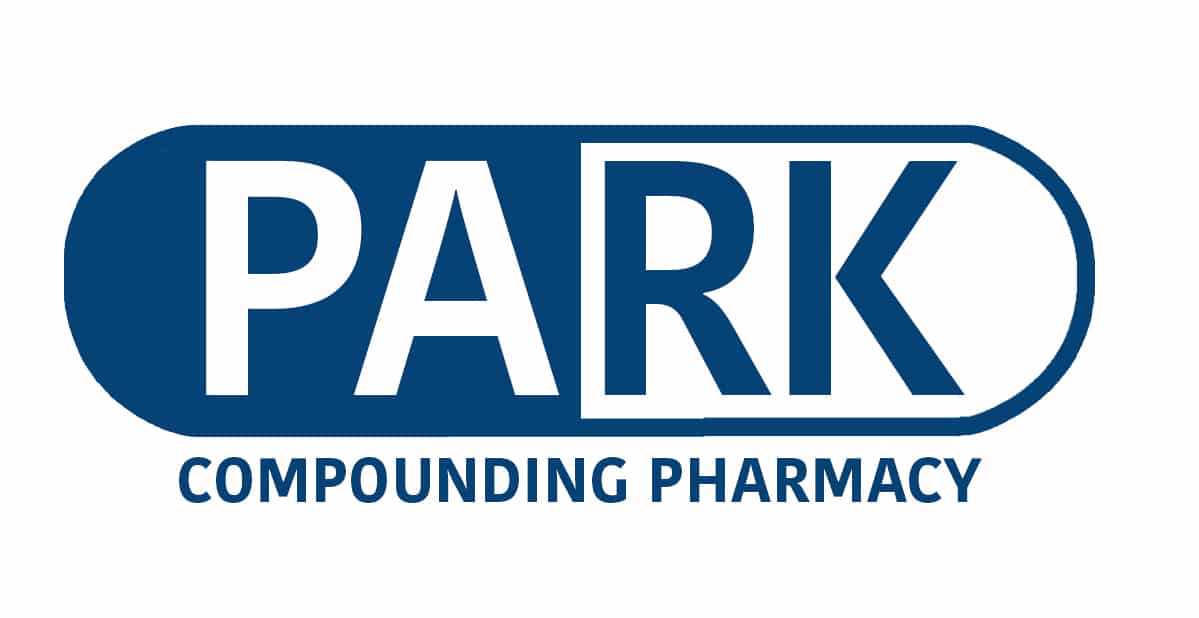Although there are numerous different types of diets that have been recommended for patients with hypothyroidism, there is no significant evidence that there needs to be a “thyroid diet.” In general the only dietary consideration for those with hypothyroidism is the adequate intake of iodine. There may also be certain foods that should be avoided immediately before or after taking thyroid hormone. However there is no extensive, hard-to-follow diet required for managing hypothyroidism.
Hypothyroidism Diet and Iodine
Hypothyroidism is a condition that affects millions of people. Its prevalence has been greatly diminished in Western countries due to the addition of iodine to many foods. Iodine helps reduce the chances of developing hypothyroidism. The thyroid takes iodine and converts it into thyroid hormone. Thyroid cells take iodine and the amino acid tyrosine to manufacture T3 and T4 hormones. This system is essential to the proper functioning and regulation of the metabolism of all cells in the body.
Many salts are now iodized, a practice that began in the 1920s. Both iodized and non-iodized salts are available. Consuming foods with iodine has helped decrease the prevalence of thyroid disorders. Other foods that contain iodine include eggs, dairy products, shrimp, tuna, and cod.
Hypothyroid Diet Claims
Numerous resources online have lengthy discussions of diets that should be adhered to when a patient has hypothyroidism. The majority of these diets simply outline healthier ways of eating that might make most individuals feel better if they are not eating properly. Some of these diets have extensive rules of what you can and can not eat that are based on only limited scientific evidence. Besides a few food restrictions, however, most hypothyroid patients will find success by using the appropriate dose of thyroid hormone in combination with a healthy diet that contains fruits and vegetables.
Food Restrictions with Thyroid Hormone Medication
There are some food restrictions that should be adhered to when taking a thyroid hormone medication. Foods that are high in soy protein should be avoided. Soy can potentially inhibit the absorption of the thyroid hormone. The intake of excessive amounts of iodine may also alter how thyroid medication works. Other food and supplements may be used but should not be taken at the same time as thyroid hormone. These include calcium supplements, antacids that contain aluminum or magnesium, and cholestyramine.
Thyroid Medication Ingredients
Some patients report sensitivities to ingredients that are added to commercially available thyroid medications. Fillers and additives are used to make the production of thyroid hormone more efficient and cost effective. While the majority of fillers and additives have been tested and are harmless, they may still promote reactions in patients. For these patients, using desiccated thyroid that is compounded without additives may be beneficial.
Maintaining a Healthy Diet
Hypothyroidism can slow the metabolism, making it more difficult to lose weight. Individuals with hypothyroidism burn fewer calories when resting. The condition can lead to fatigue and health risks associated with metabolism. Besides the restrictions noted above, patients with hypothyroidism should generally maintain a healthy diet with fruits and vegetables and exercise regularly. Moderate to intense cardio can improve overall health and may even help improve thyroid hormone levels.
A diet for hypothyroid patients should not be difficult to understand or hard to follow. Patients should maintain a diet that would be considered healthy for any individual, in combination with taking thyroid hormone and regular exercise. Many patients have found significant improvement in their symptoms by following this simple protocol. Your doctor may have further recommendations for you based on your unique hormonal makeup and health needs. Always follow the recommendations of your doctor when it comes to your thyroid treatment.







